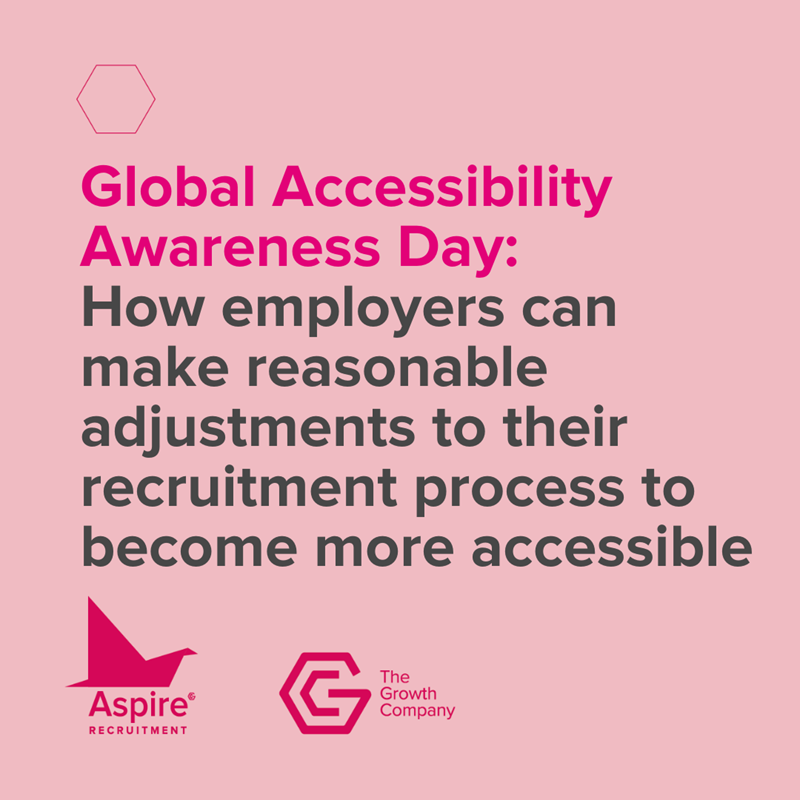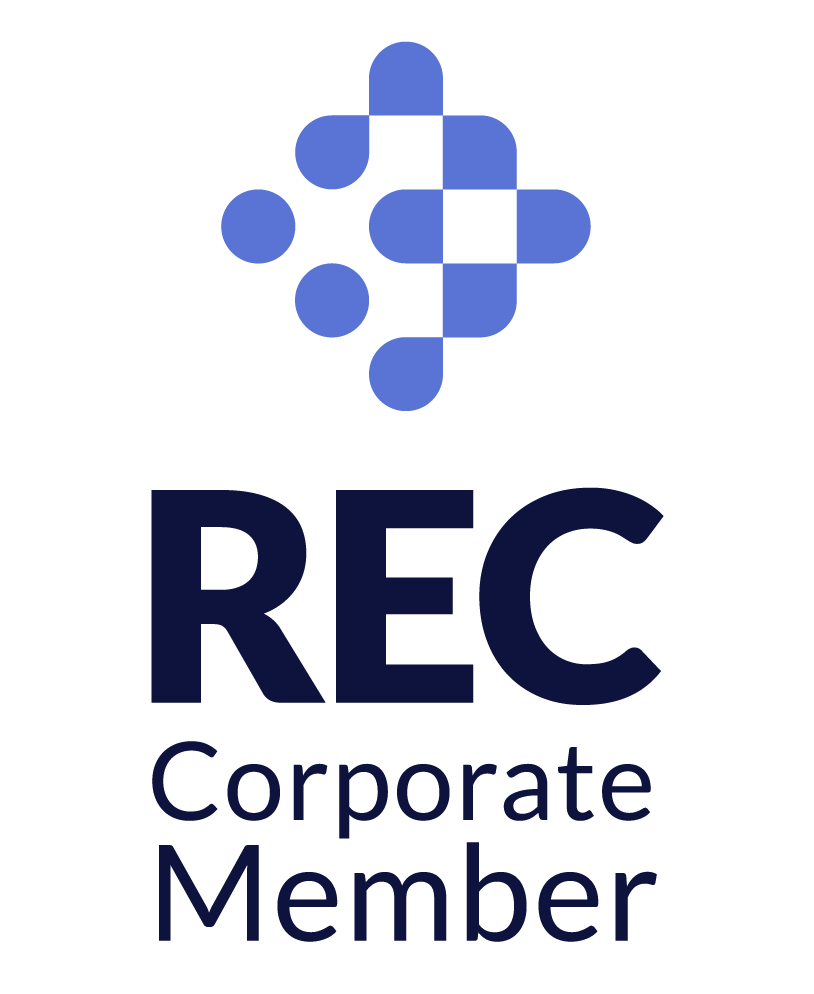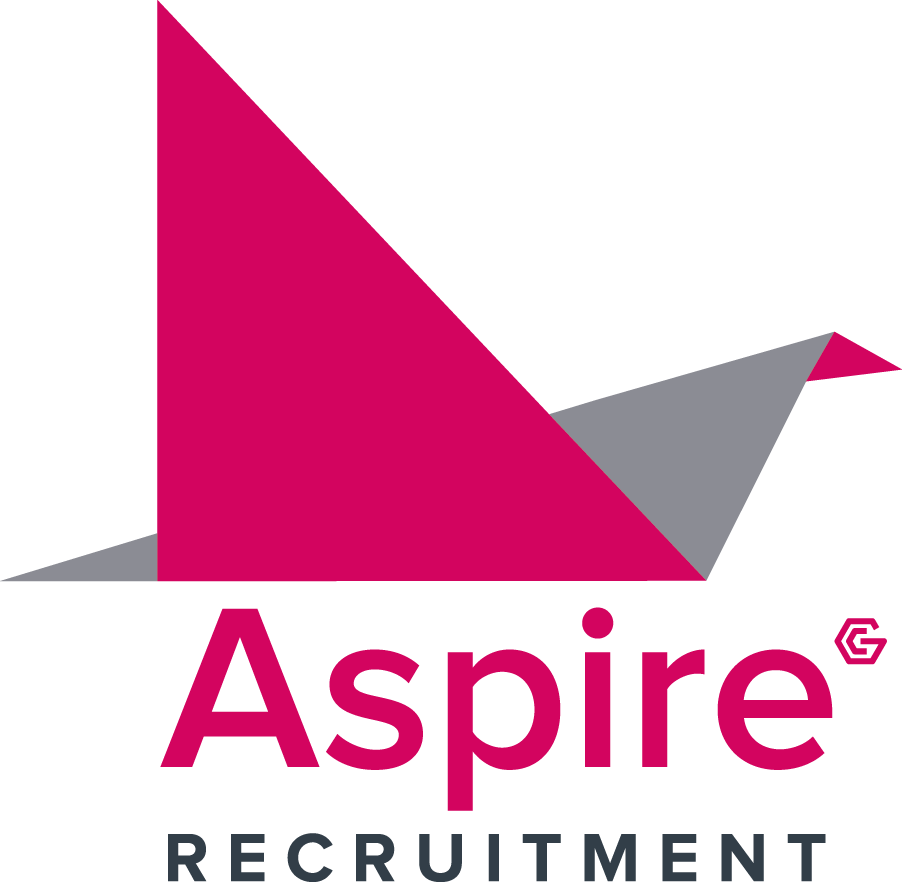Global Accessibility Awareness Day 2023: How you can make your recruitment process more accessible to candidates with disabilities

Recently we ran a workshop on disability in the workplace, where employers could come together to discuss the issues they faced in either recruiting or employing people with disabilities. One of the subjects that came up that day was on reasonable adjustments that could be made during the assessment process when deciding whether a candidate is suitable for the role on offer.
This led me to carry out a quick LinkedIn poll - If a neuro-divergent candidate applied for one of your vacancies and asked if they could be assessed via a work trial because they struggled with interviews, would you class this request as a reasonable adjustment?
The results of the poll were that 66% said they would, 12% said no and 22% said it would depend on the role. Given that there are a higher than typical number of employment practitioners as connections, I suspect the reality is probably a little different, but it’s still encouraging to see that employers are opening up to being more accommodating to job seekers as this approach will help find the best talent for the role. Today is Global Accessibility Awareness Day, so we thought this was a good opportunity to also look at other ways employers can offer reasonable adjustments during the recruitment process to candidates with disabilities.
Here then, are our suggestions employers can consider to be more accessible and provide equity of opportunity to the candidates they consider-
Offer multiple communication options: Allow candidates to choose the mode of communication that works best for them, such as video call, phone call, or email. Make sure the technology used for communication is accessible and easy to use.
Provide advance notice of interview format: Inform candidates of the format of the interview in advance so they can prepare accordingly. For example, if there will be a written test or presentation, let the candidate know ahead of time so they can plan their accommodations accordingly. Neuro-divergent candidates may request interview questions in advance as many find providing answers on the spot challenging. Showing the questions in written format as you ask them is also a good option to consider.
Allow extra time: Give candidates extra time to complete tasks, such as written tests or presentation, if needed. This can help to alleviate the pressure on those who may require more time.
Provide accessible documents: Ensure all documents that are sent to the candidate prior to or during the interview are accessible, including any forms or presentations. This includes making them available in an accessible format such as PDF with Optical Character Recognition (OCR).
Physical accessibility: Ensure that the location of the interview is accessible, with adequate facilities such as wheelchair ramps, accessible toilets, and accessible parking spots. Give candidates detailed instructions on how to find your location and any transport issues they might need to be aware of.
Provide sign language interpreters: For those who are deaf or hard of hearing, provide a qualified sign language interpreter who can translate the conversation between the interviewer and the candidate. The Manchester Deaf Centre provide an interpreter service should you require it.
Be open and flexible: Be open to discussing any reasonable adjustments that the candidate may need to ensure that the interview process is accessible to them. Remember that everyone's needs are different, so be willing to work together to find a solution that works for everyone. A person-centred approach is always best.
For further advice on accessibility in the workplace or inclusive recruitment best practice more generally, please contact Adrian Bird of Aspire in Partnership on 07503620816 or Adrian.bird@gcemployment.uk.
Manchester Office
Lee House
90 Great Bridgewater Street
Manchester
M1 5JW



